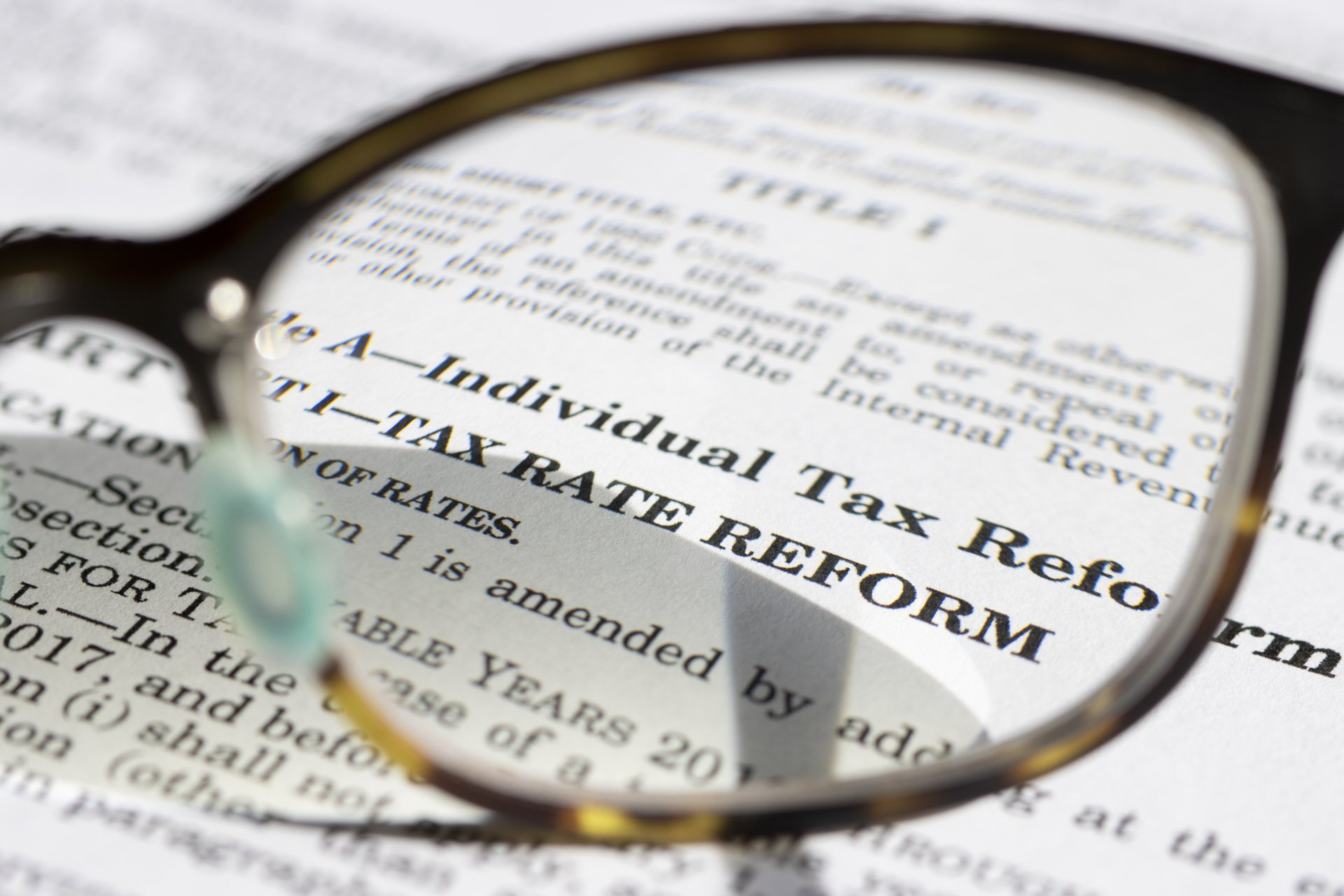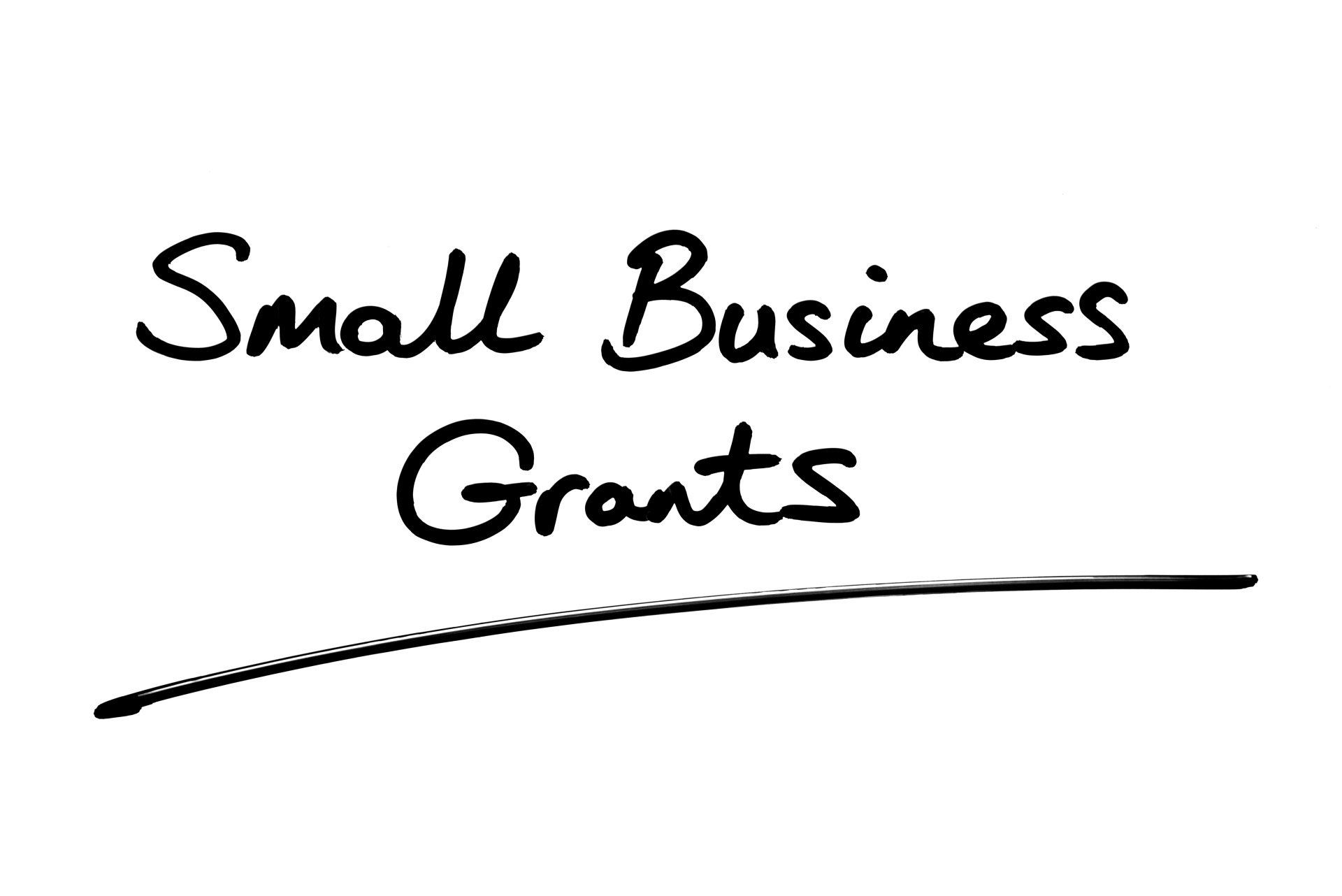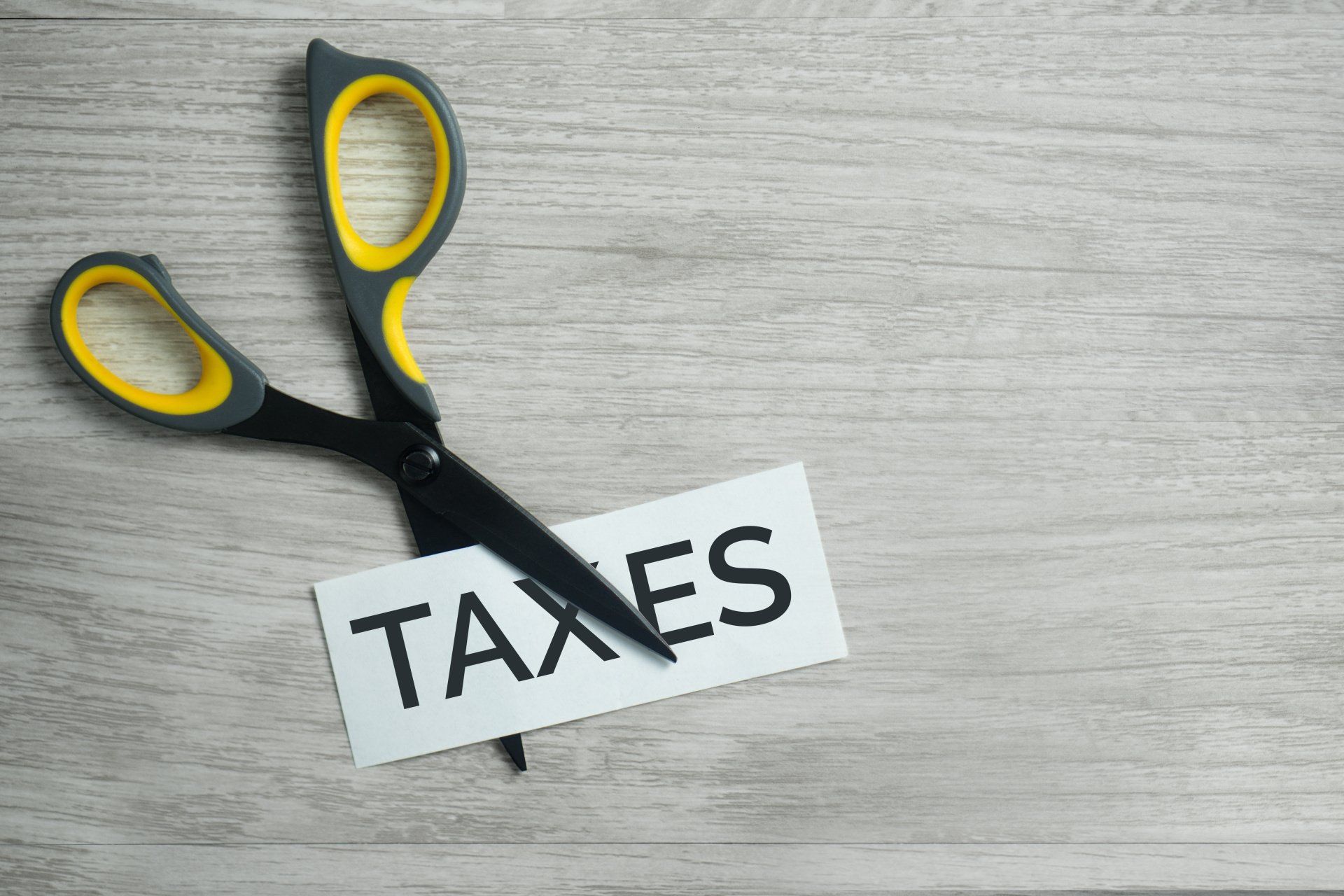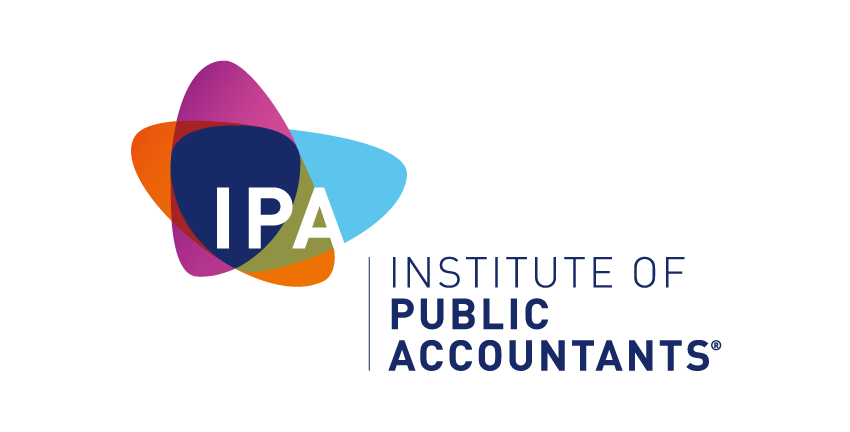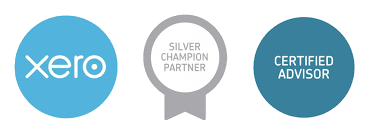Budget 2021-22: The Balancing Act Budget
The 2021-22 Federal Budget is a balancing act between a better than anticipated deficit ($106 bn), an impending election, and the need to invest in the long term.
Key initiatives for Individuals include:
· Extension of the low and middle income tax offset
· Child care subsidy increase for families with multiple children
· New and extended home ownership programs for first home owners and single parents
It is also a human budget (cynics would say voter focussed), with $17.7 billion dedicated to aged care, more money in the pockets of low income earners, the COVID vaccine rollout, $2 billion for mental health, a women’s economic package including a child care subsidy increase and funding to prevent violence, and a Royal Commission into defence and veteran suicide.
What It Means For You & Your Family
Low and middle income tax offset extended
Effective from 1 July 2021 to 30 June 2022.
The Low and Middle Income Tax Offset (LMITO) will be extended for another year. The LMITO provides a reduction in tax of up to $1,080 for individuals with a taxable income of up to $126,000 and will be retained for the 2021-22 year.
The tax offset is triggered when you lodged your income tax return.
| Taxable Income | Offset |
|---|---|
| Upto $37,000 | $255 |
| $37,001 to $48,000 | $255 plus 7.5 cents for every dollar above $37,000 upto a maximum of $1,080 |
| $48,001 to $90,000 | $1,080 |
| $90,001 to $126,000 | $1,080 minus 3 cents for every dollar of the amount above $90,000 |
Medicare levy low income threshold
Effective from 1 July 2020
The Government will increase the Medicare levy low-income thresholds for singles, families, and seniors and pensioners from 1 July 2020 to take account of recent movements in the CPI so that low-income taxpayers generally continue to be exempt from paying the Medicare levy.
For each dependent child or student, the family income thresholds increase by a further $3,597 instead of the previous amount of $3,533.
| 2019-20 | 2020-21 | |
|---|---|---|
| Singles | $22,801 | $23,226 |
| Family Threshold | $38,474 | $39,167 |
| Single Seniors & Pensioners | $36,056 | $36,705 |
| Family Threshold for Seniors & Pensioners | $50,191 | $51,094 |
$250 self-education expense reduction removed
Effective from first income year after the date of Royal Assent of the enabling legislation
Currently, individuals claiming a deduction for self-education expenses sometimes need to reduce the deductible amount by up to $250. The rules in this area are complex as they only apply to self-education expenses that fall within a specific category and certain non-deductible expenses can be offset against the $250 reduction.
This reduction will be removed, which should make it easier for individuals to calculate their self-education deductions.
Child care subsidy increase for families with multiple children
under 5 in child care
Effective from 1 July 2022
From 1 July 2022 the Government will:
· Increase child care subsidies available to families with more than one child aged five and under in child care, and
· Remove the $10,560 cap on the Child Care Subsidy.
For those families with more than one child in child care, the level of subsidy received will increase by 30% to a maximum subsidy of 95% of fees paid for their second and subsequent children (tapered by income and hours of care).
Under the current system, the maximum child care subsidy payable is 85% of child care fees and it applies at the same rate per child, regardless of how many children a family may have in care.
Why? In October 2020, analysis by the Grattan Institute revealed that mothers lose 80%, 90% and even 100% of their take-home pay from working a fourth or fifth day after the additional childcare costs, clawback of the childcare subsidy, and tax and benefit changes are factored in.
“Unsurprisingly, not many find the option of working for free or close to it particularly attractive. The “1.5 earner” model has become the norm in Australia. And our rates of part-time work for women are third-highest in the OECD.
Childcare costs are the biggest contributor to these “workforce disincentives“. The maximum subsidy is not high enough for low-income families, and the steep taper and annual cap limit incentives to work beyond three days, across the income spectrum,” the report said.
Link - Making child care more affordable and boosting workforce participation
Underwriting Home Ownership
The Government has announced new and expanded programs to assist Australians to buy a home.
2% deposit home loans for single parents
Effective from 1 July 2021
The Government will guarantee 10,000 single parents with dependants to enable them to access a home loan with a deposit as low as 2% under the Family Home Guarantee. Similar to the first home loan deposit scheme, the program will guarantee the additional 18% normally required for a deposit without lenders mortgage insurance.
The Family Home Guarantee is aimed at single parents with dependants, regardless of whether that single parent is a first home buyer or previous owner-occupier. Applicants must be Australian citizens, at least 18 years of age and have an annual taxable income of no more than $125,000.
Link - Update from the Australian Government: Family Home Guarantee
Link - Improving opportunities for home ownership
5% deposit home loans for first home buyers building new homes
Effective from 1 July 2021 to 30 June 2022
The First Home Loan Deposit Scheme will be extended by another 10,000 places from 1 July 2021 to 30 June 2022. Eligible first home buyers can build a new home with a deposit of as little as 5% (lenders criteria apply). The Government guarantees a participating lender up to 15% of the value of the property purchased that is financed by an eligible first home buyer’s home loan. Twenty seven participating lenders offer places under the scheme.
Under the scheme, first home buyers can build or purchase a new home, including newly-constructed dwellings, off-the-plan dwellings, house and land packages, land and a separate contract to build a new home, and can be used in conjunction with other schemes and concessions for first home buyers. Conditions and timeframes apply.
Link - Update from the Australian Government: Family Home Guarantee
Link - Improving opportunities for home ownership
Link - FHLDS eligibility
First home saver scheme cap increase
Effective from start of the first financial year after Royal Assent of the enabling legislation, expected to be 1 July 2022
The first home super saver (FHSS) scheme allows you to save money for your first home inside your super fund, enabling you to save faster by accessing the concessional tax treatment of superannuation. You can make voluntary concessional (before-tax) and voluntary non-concessional (after-tax) contributions into your super fund and then apply to release those funds.
Currently under the scheme, participants can release up to $15,000 of the voluntary contributions (and earnings) they have made in a financial year up to a total of $30,000 across all years.
The Government has announced that the current maximum releasable amount of $30,000 will increase to $50,000.
The voluntary contributions made to superannuation are assessed under the applicable contribution caps; there is no separate cap for these amounts.
Amounts withdrawn will be taxed at marginal rates less a 30% offset. Non-concessional contributions made to the FHSS are not taxed.
To be eligible for the scheme, you must be 18 years of age or over, never owned property in Australia, and have not previously applied to release superannuation amounts under the scheme. Eligibility is assessed on an individual basis. This means that couples, siblings or friends can each access their own eligible FHSS contributions to purchase the same property.
Link - Improving opportunities for home ownership
JobTrainer extended
The Government has committed an additional $500 million to extend the JobTrainer Fund by a further 163,000 places and extend the program until 31 December 2022. JobTrainer is matched by state and territory governments and provides job seekers, school leavers and young people access to free or low-fee training places in areas of skills shortages.
Full tax exemption for ADF personnel – operation Paladin
Effective from 1 July 2020
The Government will provide a full income tax exemption for the pay and allowances of Australian Defence Force (ADF) personnel deployed to Operation Paladin. Operation Paladin is Australia’s contribution to the United Nations Truce Supervision Organisation, with ADF personnel deployed in Israel, Jordan, Syria, Lebanon and Egypt.
Your Superannuation
Work test repealed for voluntary superannuation contributions
Effective from the first financial year after Royal Assent of the enabling legislation, expected to be 1 July 2022
Individuals aged 67 to 74 years will be able to make or receive non-concessional or salary sacrifice superannuation contributions without meeting the work test. The contributions are subject to existing contribution caps and include contributions under the bring-forward rule.
Currently, the ‘work test’ requires individuals aged 67 to 74 years to work at least 40 hours over a 30 day period in a financial year to be able to make voluntary contributions (both concessional and non-concessional) to their superannuation, or receive contributions from their spouse.
Personal concessional contributions will remain subject to the ‘work test’ for those aged between 67-74.
Expanded access to ‘downsizer’ contributions from sale of family home
Effective from the first financial year after Royal Assent of the enabling legislation, expected to be 1 July 2022
The eligibility age to access downsizer contributions will decrease from 65 years of age to 60.
Currently, downsizer contributions enable those over the age of 65 to contribute $300,000 from the proceeds of selling their home to their superannuation fund. These contributions are excluded from the existing age test, work test and the $1.7 million transfer balance threshold (but will not be exempt from your transfer balance cap).
Both members of a couple can take advantage of the concession for the same home. That is, if a couple have joint ownership of a property and meet the other criteria, both people can contribute up to $300,000 ($600,000 per couple).
Downsizer contributions apply to sales of a principal residence owned for the past ten or more years.
Sale proceeds contributed to superannuation under this measure will count towards the Age Pension assets test.
SMSF Residency Tests Relaxed
Effective from the first financial year after Royal Assent of the enabling legislation, expected to be 1 July 2022
The residency rules for Self Managed Superannuation Funds (SMSFs) and small APRA regulated funds (SAFs) will be relaxed by extending the central control and management test safe harbour from two to five years for SMSFs, and removing the active member test for both fund types.
This change will enable SMSF and SAF members to contribute to their super while temporarily overseas, (as members of large APRA-regulated funds can do).
An SMSF must be considered an Australian Superannuation Fund in order to be a complying superannuation fund and receive tax concessions. If a super fund fails to meet the definition of an Australian Superannuation Fund then it is likely to become a non-complying, if this occurs the fund’s assets and income are taxed at the highest marginal tax rate.
This measure will enable SMSF and SAF members to keep and continue to contribute to their fund while predominantly undertaking overseas work and education opportunities.
SMSF legacy product conversions
Effective from the first financial year after Royal Assent of the enabling legislation
Individuals will be able to exit a specified range of legacy retirement products, together with any associated reserves, for a two-year period. This includes market-linked, life-expectancy and lifetime products, but not flexi-pension products or a lifetime product in a large APRA-regulated or public sector defined benefit scheme.
Currently, these products can only be converted into another like product and limits apply to the allocation of any associated reserves without counting towards an individual’s contribution caps.
The measure will permit full access to all of the product’s underlying capital, including any reserves, and allow individuals to potentially shift to more contemporary retirement products.
This will be a voluntary measure and not a mandated requirement for those individuals who hold these legacy accounts.
Social security and taxation treatment will not be grandfathered for any new products commenced with commuted funds and the commuted reserves will be taxed as an assessable contribution.
Early release of super scheme for victims of domestic violence not proceeding
The Government is not proceeding with the measure to extend early release of superannuation to victims of family and domestic violence.
Technical changes to First Home Super Saver Scheme
Technical changes will be made to the First Home Super Saver Scheme to reduce errors and streamline applications.
These include:
· Increasing the discretion of the Commissioner of Taxation to amend and revoke FHSSS applications
· Allowing individuals to withdraw or amend their applications prior to receiving an FHSSS amount, and allow those who withdraw to re-apply for FHSSS releases in the future
· Allowing the Commissioner of Taxation to return any released FHSSS money to superannuation funds, provided that the money has not yet been released to the individual
· Clarifying that the money returned by the Commissioner of Taxation to superannuation funds is treated as funds’ non-assessable non-exempt income and does not count towards the individual’s contribution caps.
Note: The material and contents provided in this publication are informative in nature only. It is not intended to be advice and you should not act specifically on the basis of this information alone. If expert assistance is required, professional advice should be obtained.New Paragraph


